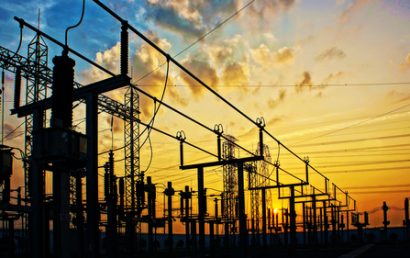The Importance Of Coatings In The Petrochemical Industry
Coatings play a significant role in the petrochemical industry, ensuring safety, longevity, and the efficient operation of equipment and infrastructure. The unique operating conditions of this industry demand specialized solutions to combat challenges such as corrosion, high temperatures, and chemical exposure. This article delves into the importance of coatings in the petrochemical industry, emphasizing their function in protecting assets, enhancing safety, and promoting operational efficiency.
Enhancing Asset Longevity
One of the primary purposes of coatings in this industry is to protect assets from various detrimental factors. Petrochemical facilities house a multitude of equipment, pipelines, and structures that are routinely exposed to harsh conditions such as high temperatures, corrosive substances, and mechanical stress.
Coatings provide a defensive layer, protecting these assets from corrosion, erosion, and other forms of wear and tear. This is particularly critical for assets like tanks and pipelines that are frequently in contact with corrosive chemicals or are subject to varying temperature conditions. By enhancing the longevity of these assets, coatings contribute significantly to cost savings in the long term.
Promoting Safety and Compliance
Safety is a paramount concern in the petrochemical industry, and coatings play a pivotal role in upholding it. For instance, fire-resistant coatings can safeguard structures and equipment from potential fire hazards. Non-slip coatings can be applied to flooring in operational areas to prevent accidents caused by slipping.
Moreover, coatings can also facilitate industry compliance. Petrochemical facilities are bound by strict regulations regarding safety and environmental impact. Using approved coatings can assist these facilities in meeting regulatory standards, thus avoiding potential fines and shutdowns.
Ensuring Operational Efficiency
Operational efficiency is another area where coatings make a significant impact. Specialized coatings can enhance the performance of machinery and equipment, improving overall productivity. For example, thermal barrier coatings can minimize heat loss in processing units, leading to increased energy efficiency.
Similarly, low-friction coatings can reduce wear in moving parts of machinery, leading to smoother operation and reduced maintenance downtime. By enhancing the efficiency of equipment and machinery, coatings can significantly contribute to the overall productivity of petrochemical facilities.
The Future of Coatings in the Petrochemical Industry
As the petrochemical industry evolves to meet new challenges and stricter regulations, the role of coatings is set to become even more integral. Innovations in coating technologies, like nanocoatings and smart coatings, offer enhanced protection and functional benefits.
For instance, smart coatings can change their properties in response to environmental changes, offering dynamic protection. Similarly, nanocoatings can provide superior resistance to corrosion and wear due to their unique molecular structure.
The role of coatings in the petrochemical industry cannot be overstated. From safeguarding valuable assets and promoting safety to enhancing operational efficiency, coatings are an essential component of the industry’s successful functioning. As coating technology continues to evolve, it will undoubtedly offer even more advanced and efficient solutions for the petrochemical industry’s unique challenges.



